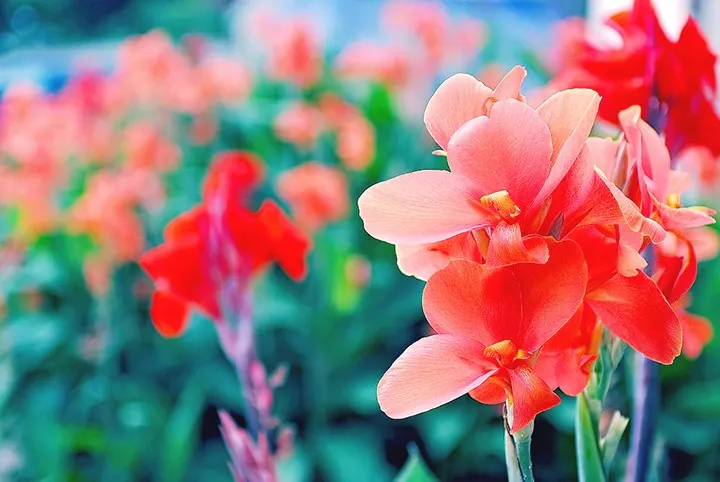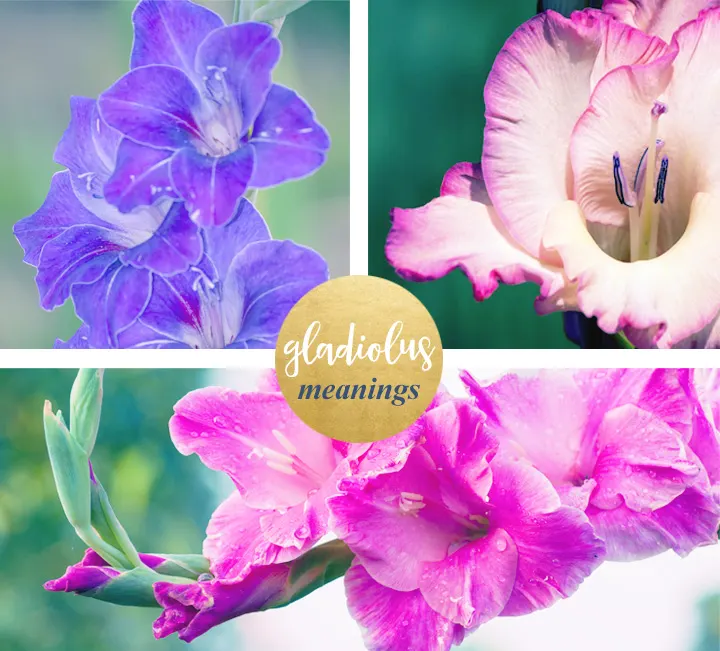May 10, 2016
Gladiolus Meaning and Symbolism
Gladioli have a unique long and pointed shape. Because of their shape, they are named after the Latin word “gladius”, meaning sword. In Rome, gladioli were associated with gladiators. Some say that gladiators wore gladiolus corms around their necks during battles to help them win and protect them from death. Because of their association with gladiators, the gladiolus flower meaning is strength and integrity.
They also symbolize infatuation. By giving a gladiolus to someone, the giver sends the message “you pierce my heart” to the receiver, because of the flower’s pointed shape. Another gladiolus meaning is remembrance.
Gladioli are part of the iris family, and there are over 255 species of them. They are most diverse in South Africa, where they originated, but now can be found all over the world including Africa, Madagascar, Europe, the Middle East, and America.
There are many hybrid species of gladioli. Hybridization began in the early 1800s in Britain. William Herbert was the first to start hybridizing these plants, but all of his hybrids were sterile, so they were never sold. It wasn’t until James Colville in 1823 that fertile hybridized plants were produced and sold.
Gladioli became popular in America in the late nineteenth and early twentieth century, resulting in the formation of the American Gladiolus Society in 1910. This society was formed in Boston, and had an initial membership of 75. It aimed to stimulate interest in the gladiolus, test out new varieties, find remedies for diseases, and more.
Gladioli bloom in a variety of colors including pink, purple, red, yellow, green, and orange. They can grow up to six feet tall in optimal conditions, and typically bloom in the summer. Gladioli are perennials that grow from corms, which are bulb-like structures. The corms should be planted in the spring after the frost has melted. The plants fair best in full sun and well-draining soil, though they will tolerate partial shade. They should receive at least an inch of water per week.
Gladioli should be kept away from dogs, cats, and horses, as they are poisonous to these animals. It is relatively safe for humans, though its sap could cause skin irritation.
Throughout history, gladioli have been used for medicinal purposes. In sixteenth century Europe, mashed gladiolus root was used to draw out splinters and thorns. Dried seed pods were ground into powder and mixed with milk to treat colic.
The gladiolus is the August birth flower. It’s also the 40th anniversary flower because it symbolizes both infatuation and remembrance.
Resources
The American Florist Company’s Directory of Florists, Nurserymen, and Seedsmen
www.missouribotanicalgarden.org




